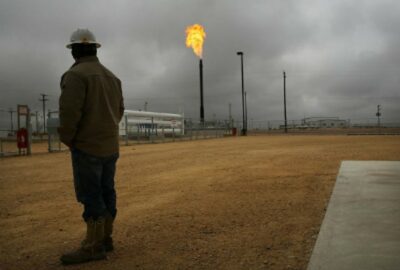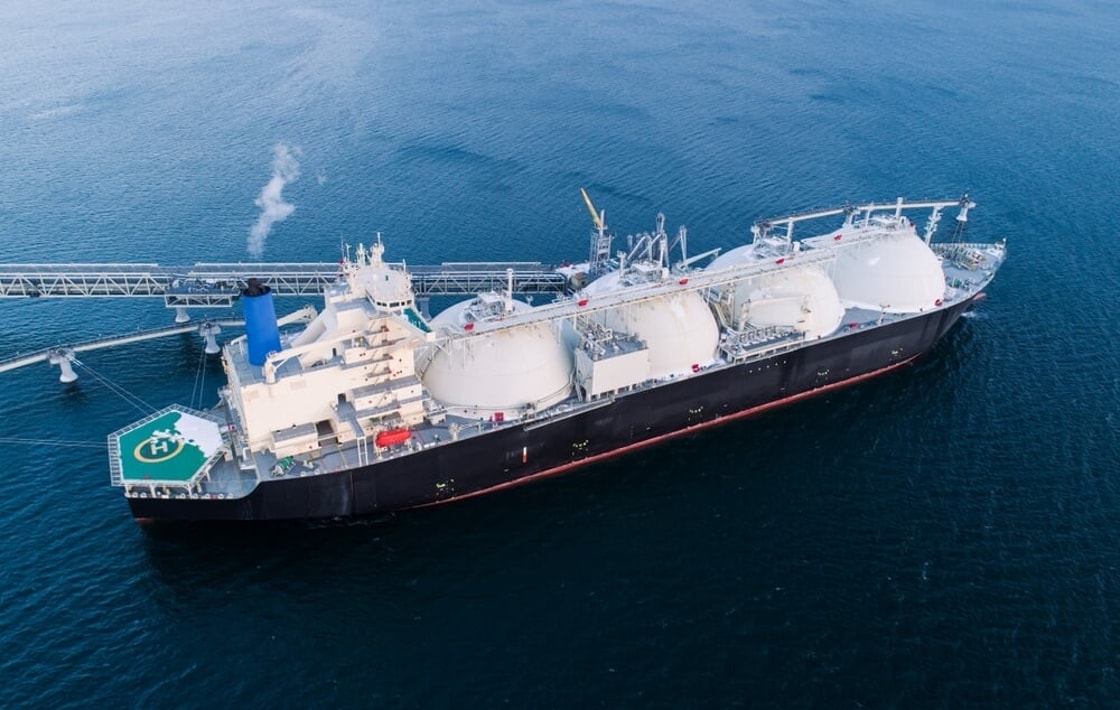ByTsvetana Paraskova– Feb 05, 2025, 7:30 AM CST

A group of EU member states that have the largest natural gas storage capacity have held informal discussions about a potential easing of the binding filling targets after 2025, officials have told Bloomberg.
In the wake of the 2022 Russian invasion of Ukraine and the halt to Russian pipeline gas supply to most EU countries, the European Commission adopted a target for EU natural gas storage levels to be 90% full by November 1 of each year, ahead of the winter. There are also intermediate targets for February 1, May 1, July 1, and September 1, 2025, as the EU looks to be prepared for the winter gas demand with nearly full storage sites.
‘;
document.write(write_html);
}
However, policymakers in a group of EU countries, including Germany, Italy, and the Netherlands, are concerned that the high forward gas prices for the summer months would make it unprofitable for gas companies and marketers to store gas.
Federico Boschi, chief of the energy department at Italy’s Ministry of Environment and Energy, told Bloomberg that Italy would consider requests from other EU member states, including Germany. Italy could support easing of the targets, Boschi added.
Pieter ten Bruggencate, spokesperson for the Dutch energy ministry, told Bloomberg that the Netherlands would back an ambition rather than a target for gas storage.
France, Germany, and the Czech Republic are also in the group of countries that have discussed easing of the targets, according to ten Bruggencate.
Meanwhile, the European Union is considering extending the binding natural gas storage targets for EU member states for at least another year after the current goals expire at the end of 2025, EU diplomats told Reuters at the end of last month.
Ahead of this winter, EU gas storage was around 95% by the deadline of 1 November.
However, colder winter weather – unlike the previous two milder winters – and periods of low wind speeds in most of northwest Europe have been draining EU storage sites at their fastest pace in eight years.
By Tsvetana Paraskova for Oilprice.com
More Top Reads From Oilprice.com
Join the discussion | Back to homepage










